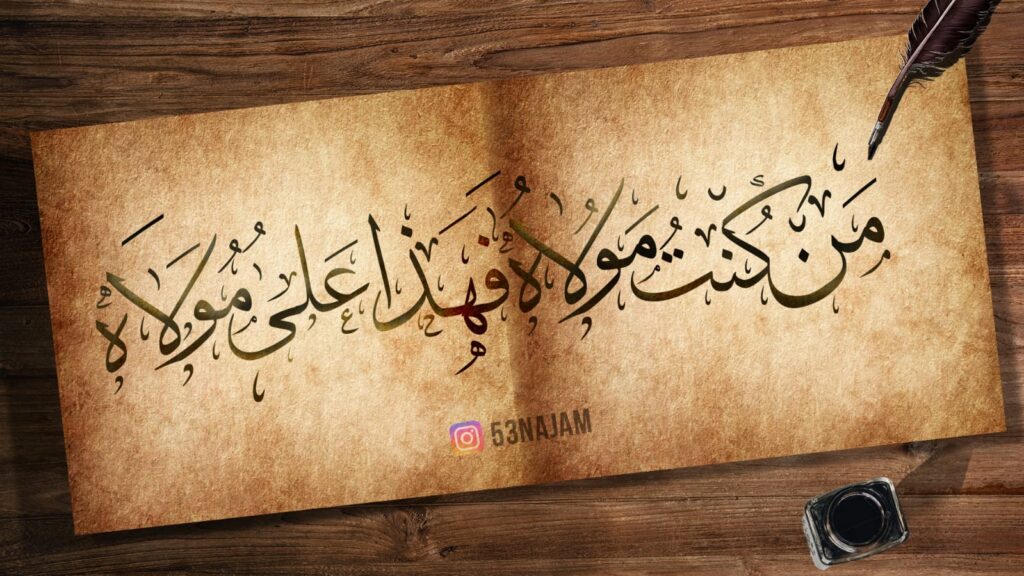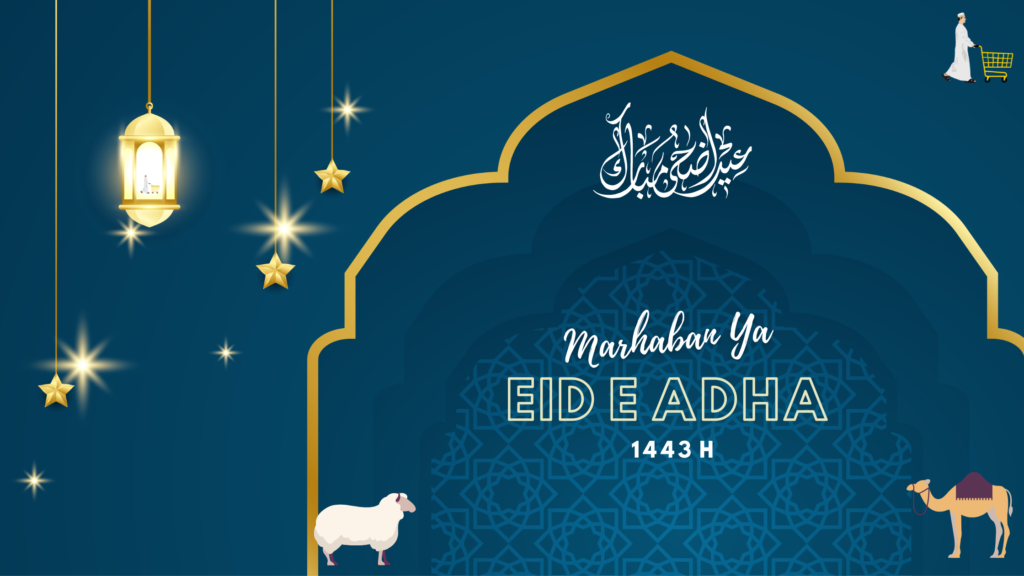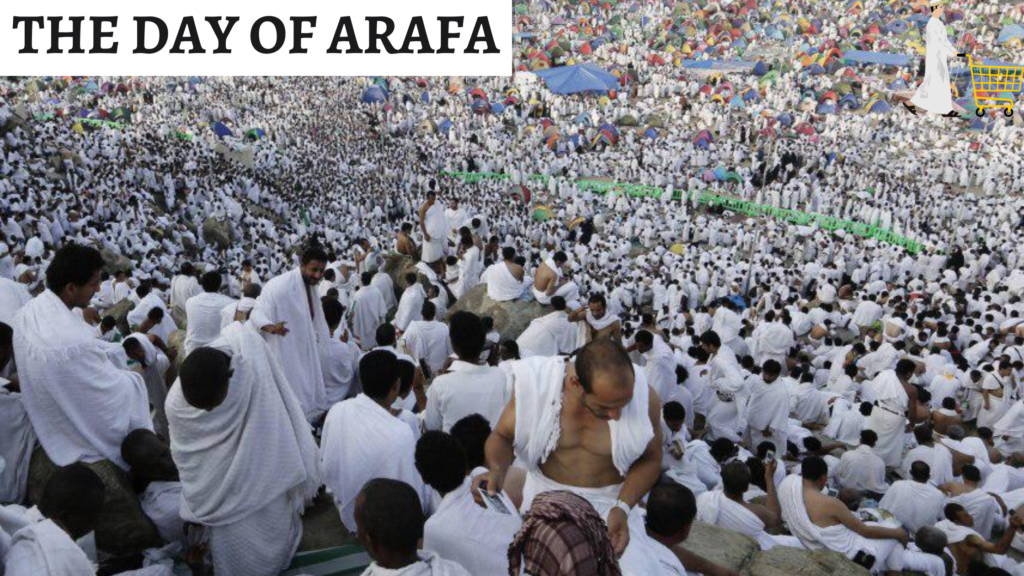Shia Muslims across the world observe Eid-e Ghadeer, marking the anniversary of an important event in Muslim history. According to Shia belief, tradition, and interpretation of history, this occasion commemorates the pivotal gathering at Ghadeer E Khum, when Prophet Muhammad (peace be upon him and his family) — based on a divine command from Allah — designated Maula Ali as his successor
In historical sources, it is recorded that on the way back to Medina after performing a pilgrimage to Mecca, the Prophet received a revelation on 16 March 632 CE (18 Dhu al-Hijjah 10 AH). — Surah al-Ma’ida (sura 5 ayat 67) — that we recite in our daily prayers:
“O Messenger, deliver [to the people] what has been revealed to you from your Lord, and if you do not do so, then you will not have delivered His message …”
Numerous reliable hadith sources
Numerous reliable hadith sources — both Shia and Sunni — record this event, which took place in the year 632 CE. Upon receiving this revelation, the Holy Prophet stopped at an oasis known as Ghadeer E Khum and addressed a large gathering of Muslims who had accompanied him. It is said that The Prophet proclaimed:
“Man kuntu maulahu fa aliyyun maulahu”
meaning: “He whose Maula I am, Ali is his Maula.”
The Prophet then prayed: “O Allah, be a friend of whoever is his friend and extend your support to those who support him.”
According to Shia belief, by declaring Maula Ali as Maula after him, the Prophet transferred his own spiritual authority bestowed upon him by Allah to Maula Ali, making him — and all the Imams that follow — the Amirul Mu’mineen, or Master of the Believers.
On instruction from Prophet Muhammed, Maula Ali received bai’t (the oath of allegiance), from the Muslims assembled there. According to Shia traditions and sources, following the proclamation, the final verse of the Qur’an was revealed to the Prophet:
“On this day, I have perfected for you your religion, completed my favors upon you, and have chosen for you Islam as your religion.”
This marks the end of the period of nabuwwa, or Prophethood, and the historical beginning of the Institution of Imamat. Eid-e Ghadeer is an anniversary of special significance to all Shia Muslims, as it is also associated with the well-attested tradition in which the Prophet is said to have proclaimed:
“I am leaving among you two matters of great weight (al-Thaqalayn), the Book of Allah and my kindred (Itrati), the People of my House (Ahl al-Bayt), and these two shall never be separated until they return to me at the Pool [of Kawthar in Paradise on the Day of Judgement]…”
The Shia Ismaili tradition bears witness to the continuity of the authority vested at Ghadeer E Khumm. Today, this leadership and authority are vested in Imam Tayyib (a.s) and Syedna Mufaddal Saifuddin (TUS). The rope of Imamat has continued for over 1,400 years, from Imam Hasan to the 21st hereditary Imam and direct descendant of Prophet Muhammad through Maula Ali and Hazrat Bibi Fatima al-Zahra, Khatun-i Jannat.
In commemorating Eid-e Ghadeer, the Dawoodi Bohras celebrate the seminal event of Ghadeer E Khum, reaffirming our allegiance to the Imam-of-the-Time as the direct lineal successor and inheritor of the authority of Maula Ali.
CUSTOMS | Eid E Ghadeer
According to the narrations, Hassan ibn Ali used to hold ceremonies in Kufa on the day of Ghadeer. Ali ibn Abi Talib used to participate in the ceremony accompanied by a group of his followers. After the ceremony, Hassan ibn Ali would give people gifts. Greeting, handshaking, wearing new clothes, using perfume, making donations, helping others, saying prayers, feeding others, making others happy, and giving gifts to others are among the suggested customs reported in narrations.
Eid e Ghadeer Mubarak!



Pingback: MUSLIM BIN AQEEL - Bohra Corner
Pingback: Dawoodi Bohra Ashara 1444 - Bohra Corner
Pingback: NETFLIX - Wrongly showed Dawoodi Bohra - Bohra Corner
Pingback: Pehli Raat THAAL - Bohra Corner
Pingback: What is DAAL CHAWAL PALIDU - Bohra Corner
Pingback: Arbaeen - Bohra Corner